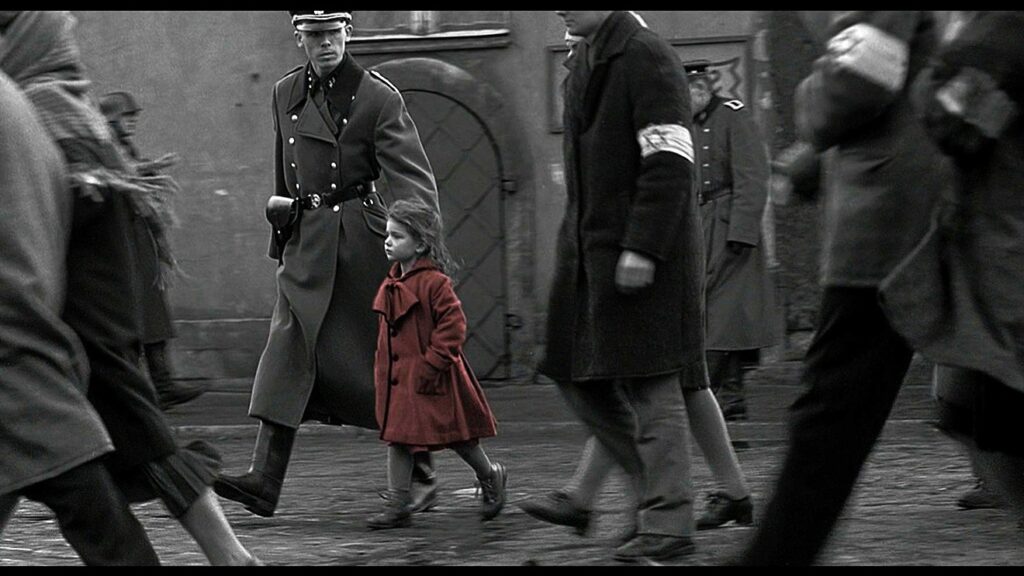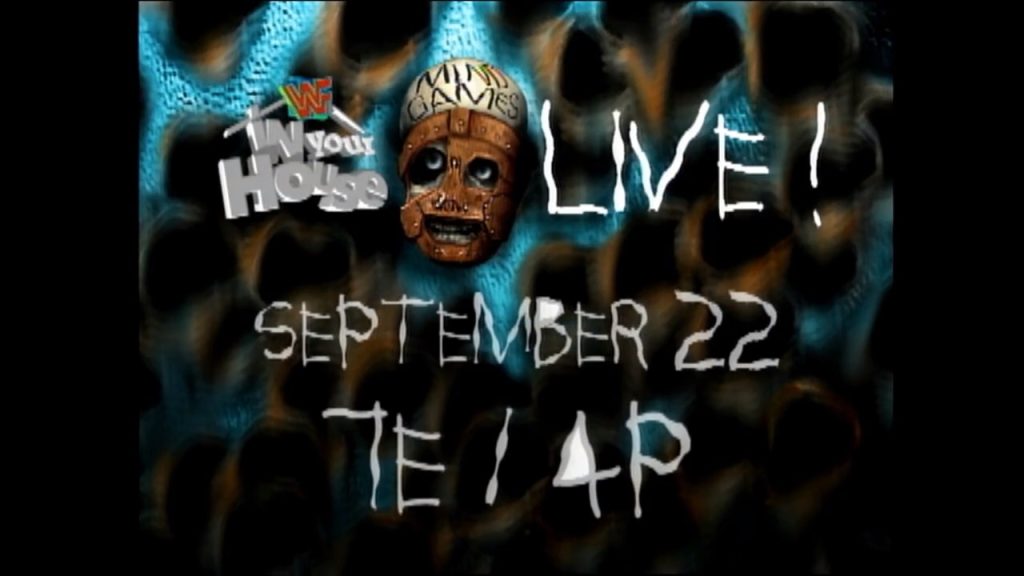The Diesel Push: WWF’s Ace in the Hole

Diesel’s Huge WWF Push in 1994
The “Diesel Push” in the WWF (World Wrestling Federation, now WWE) refers to the rapid and prominent elevation of the wrestler Diesel (real name Kevin Nash) in the company’s hierarchy in 1994. This push was characterized by a series of deliberate and strategic booking decisions that were aimed at transforming Diesel into one of the organization’s top stars.
In 1994, Diesel was primarily known as the bodyguard of Shawn Michaels, another prominent wrestler. However, his portrayal as a dominating, unstoppable force began at the 1994 Royal Rumble event. In the Royal Rumble match, Diesel was spotlighted significantly as he eliminated multiple wrestlers in quick succession, setting a then-record for the most eliminations in a single Royal Rumble match. This feat was designed to showcase his strength and presence as a dominant force in the ring.
The push continued throughout the year, with Diesel receiving a considerable amount of screen time and being booked to win matches decisively against established stars. This was part of the WWF’s strategy to build new stars who could carry the brand forward, especially in the wake of departures and waning popularity of some of the company’s previous top talents.
Diesel’s push culminated in him winning the WWF World Heavyweight Championship later in 1994, solidifying his position as a top-tier performer in the company. This rapid ascent from bodyguard to world champion in less than a year was seen as a clear indicator of the company’s confidence in Diesel as a major draw and a central figure in WWF storylines.
The Triple Crown
Diesel’s achievement of winning the WWF (World Wrestling Federation, now WWE) Triple Crown in less than a year is a remarkable testament to his meteoric rise in the company during the mid-1990s. In the old days, the Triple Crown was a big deal because it represented the wrestler who has won three of WWF’s championships at the time: the WWF Championship, the Intercontinental Championship, and the WWF World Tag Team Championship. Diesel’s accomplishment of this feat in such a short period was unprecedented at the time and highlighted the WWF’s significant investment in his character.
Intercontinental Championship
Diesel’s journey towards the Triple Crown began with the Intercontinental Championship. He won this title on April 13, 1994 (aired on April 30), by defeating Razor Ramon (Scott Hall) at a WWF Superstars taping. This victory was his first major singles title in the WWF and set the stage for his push as a dominant competitor in the organization.
Tag Team Championship
Shortly after his Intercontinental Championship win, Diesel continued his championship pursuits alongside his then-partner Shawn Michaels. On August 28, 1994, at a live event in Indianapolis, Indiana, Diesel and Michaels captured the WWF World Tag Team Championship by defeating The Headshrinkers (Samu and Fatu). This win not only added to Diesel’s growing list of accolades but also demonstrated his versatility as both a singles and tag team competitor.
WWF Championship
The pinnacle of Diesel’s Triple Crown achievement came with his WWF Championship win. On November 26, 1994, at Madison Square Garden, Diesel faced Bob Backlund for the WWF Championship. In an incredibly short match, Diesel defeated Backlund in just eight seconds, capturing the WWF Championship and completing his Triple Crown. This win was a significant moment, marking Diesel as a top-tier superstar in the WWF.
Achieving the Triple Crown in under a year (from April to November 1994) was a clear indication of the WWF’s commitment to Diesel as a major player. It showcased their strategy to rapidly elevate him as a powerhouse in the wrestling world. This fast track to success was not common in the industry at the time, making Diesel’s achievement all the more impressive. His run as a Triple Crown Champion helped solidify his position as one of the leading figures in professional wrestling during the 1990s.
The Diesel push was significant for several reasons. It reflected the WWF’s efforts to create new stars in response to a changing wrestling landscape. It also showcased their willingness to experiment with different types of characters and storylines, moving away from the archetypal heroes and villains of the past. Furthermore, Diesel’s push was a precursor to the Attitude Era, a period in wrestling marked by edgier and more adult-oriented content, where Diesel (Kevin Nash) would later become a key figure in rival promotion WCW.




